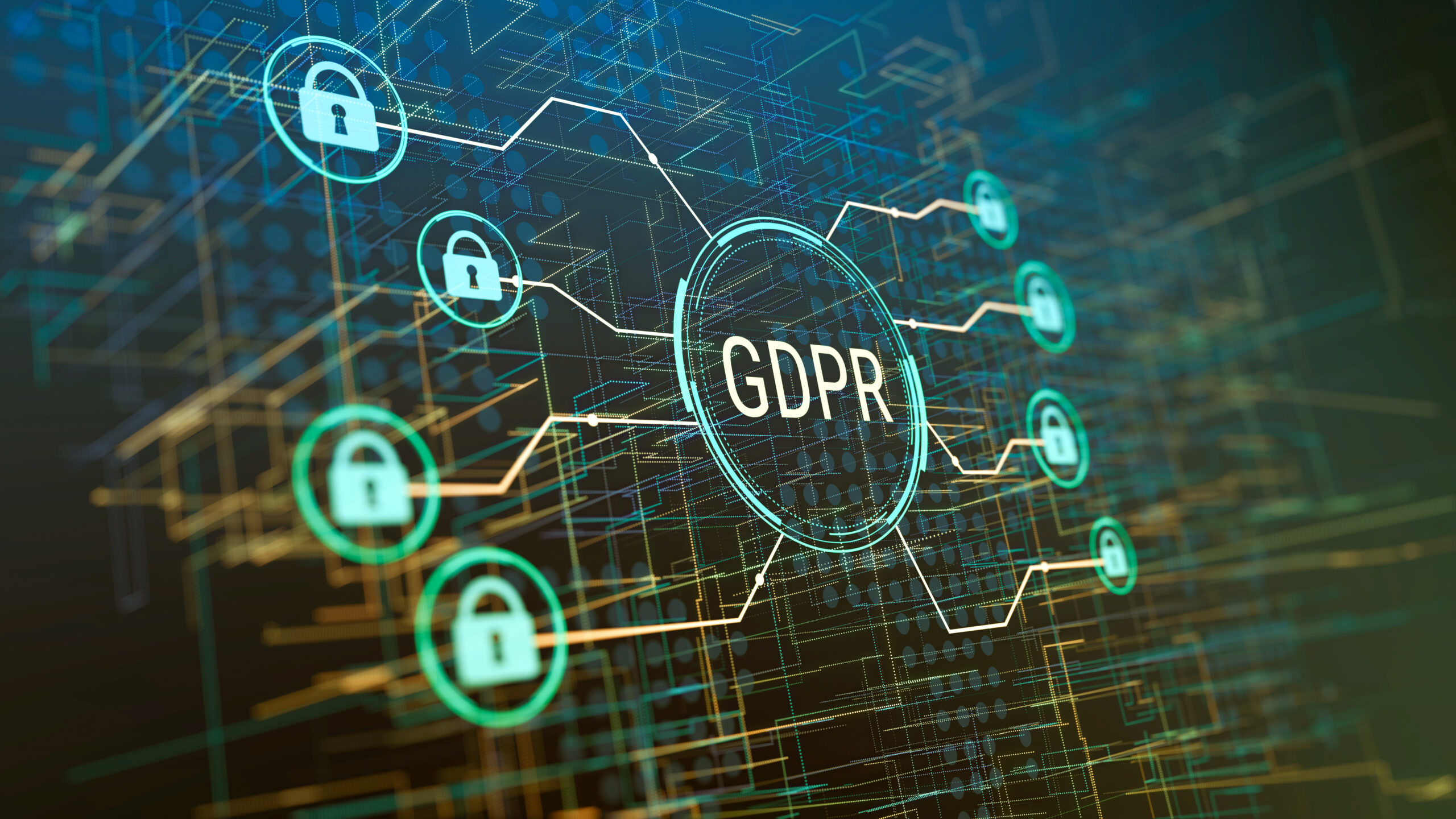The significance of GDPR compliance
In today's digital age, data security is the lifeblood of businesses. The widespread collection and processing of personal data have made it susceptible to theft, misuse or abuse by cybercriminals. This is where GDPR compliance comes into play. GDPR aims to protect the privacy of EU citizens' personal data by regulating its processing and storage by businesses. GDPR non-compliance can result in hefty fines and reputational damage for businesses. Besides being a legal requirement, GDPR compliance also builds trust with customers and enhances cybersecurity. Especially as consumers increasingly become more aware of the importance of data security and their digital identities.
The financial impact of data breaches and GDPR non-compliance
As businesses become increasingly reliant on technology and continue their digital transformation, the threat of cybersecurity breaches only increases. The impact of these incidents can be devastating, resulting in financial losses and damage to a businesses reputation. The General Data Protection Regulation (GDPR) is a set of regulations designed to protect the privacy and security of personal data of EU citizens, including PII and identifiable information.
Failing to comply with GDPR can result in fines up to 4% of global annual revenue. But the impact of a data breach goes beyond just financial consequences; it can result in permanent damage to an organization's reputation.1 Customers expect their personal data to be handled securely, and a breach can erode trust between a business and its customers. If customers feel that a business does not prioritize their data security, and follow important security practices, then they will bring their spending power elsewhere.
Impact of malicious bot attacks on GDPR compliance
Malicious bot attacks and cybercrime can compromise the privacy and security of personal data, making GDPR compliance as it pertains to data collection and security more critical than ever. Hackers can use Bots to scrape websites for personal information or launch DDoS and credential stuffing attacks that cause a security breach that disrupts business operations or force access to customer accounts. Unfortunately, breaches as a result of bot attacks can be difficult to manage or mitigate without the proper bot management solution, but being prepared and compliant with GDPR can lessen the impact of such incidents.
Reputational risks
Maintaining a positive reputation is crucial for any business, especially in the age of data privacy concerns. Negative publicity resulting from non-compliance can damage a company's credibility and lead to loss of customer trust. Customers want to know that their personal data is being protected and mishandling it can result in customers avoiding your brand altogether. Proactively complying with GDPR demonstrates your organization's commitment to data privacy and enhances your company's reputation.
Foundational steps to achieve GDPR compliance
To achieve GDPR compliance in cybersecurity, there are several steps that businesses must take as part of their risk management strategy.2 First, it's essential to understand what personal data your business collects and how it is processed. This information can help identify potential vulnerabilities and threats, making it easier to implement appropriate measures to protect personal data. Additionally, businesses should look to do the following:
Conducting a risk assessment
A thorough risk assessment helps businesses identify potential threats, including the threat bots by automated bots, or vulnerabilities that could compromise the security of personal data. Businesses should look to understand their data processing activities, so they can prioritize their efforts to mitigate risks. It also helps businesses and their security teams to understand the impact of a data breach and take necessary actions to prevent such incidents from occurring in the first place.
Regular employee training and awareness programs
Maintaining GDPR compliance is an ongoing effort that requires the participation of all employees and key stakeholders, especially those who interact with customer or business data. Regular employee training and awareness programs are essential to achieving GDPR compliance. These programs equip employees with the knowledge and skills needed to handle personal data securely and responsibly. By providing regular training, businesses can ensure that their employees are current with GDPR regulations and best practices for data protection. As a result, they can reduce the risk of human error leading to cybersecurity breaches or non-compliance with GDPR regulations.
Employee training should cover key topics such as:
- identifying and reporting data breaches
- handling personal data securely
- understanding the importance of GDPR compliance
By investing in employee training and awareness programs, businesses can maintain a data-protection culture and demonstrate their commitment to fulfilling GDPR compliance, which can be a key differentiator in a crowded market.
Ensuring third-party compliance
Ensuring third-party compliance with GDPR is crucial. Businesses need to do their due diligence to ensure that their vendors and partners are also compliant with GDPR regulations as ultimately they could potentially be the ones faced with fines. This means reviewing contracts and data processing agreements to ensure that all parties are following the rules. It also means conducting regular audits and assessments to verify that third-party compliance is maintained over time.
Failing to ensure third-party compliance can result in hefty fines and damage to a businesses reputation. That's why it's important for companies to collaborate closely with their vendors and partners, as well as cybersecurity experts and legal counsel, to establish clear guidelines for GDPR compliance.
GDPR compliance and incident response
Establishing an incident response plan is critical for GDPR compliance in cybersecurity. Given the strict requirements for handling personal or customer data, businesses must have a clear understanding of how to respond in the event of a data breach or cyberattack. Incident response plans should be developed with GDPR compliance in mind, outlining specific steps that need to be taken to ensure that personal data is protected and that the organization is fully compliant with GDPR regulations.
GDPR requirements for notification
The notification requirements under GDPR are a critical aspect of compliance that businesses must adhere to. Under this regulation, transparency is imperative as businesses must report data breaches to the authorities within 72 hours of becoming aware of the incident. Additionally, the notification process must also include contacting those individuals whose information has been compromised without delay.
Arkose Labs Is GDPR Ready
Achieving GDPR compliance is a top priority for businesses to ensure they are protecting sensitive data and avoiding the risks of legal and financial consequences. However, it can be a challenging task for companies to achieve and maintain compliance. This is where Arkose Labs comes in as a valuable partner to businesses. Arkose Labs is GDPR ready. In fact, Arkose Labs already serves customers as a trusted third party for businesses that need to protect their site and customers from bot attacks, while maintaining their GDPR compliance and the protection of personal data.
Arkose Labs has a dedicated Information Security department responsible for responding to customer requirements regarding Arkose products, maintaining compliance and security standards throughout the organization, ensuring data privacy and validating company-wide security controls. If you’d like to learn more about how Arkose Labs has your back with GDPR compliance and the fight against malicious bots, book a demo with us today.

G2 Spring Report for Bot Detection and Mitigation
- The significance of GDPR compliance
- The financial impact of data breaches and GDPR non-compliance
- Impact of malicious bot attacks on GDPR compliance
- Reputational risks
- Foundational steps to achieve GDPR compliance
- Conducting a risk assessment
- Regular employee training and awareness programs
- Ensuring third-party compliance
- GDPR compliance and incident response
- GDPR requirements for notification
- Arkose Labs Is GDPR Ready

